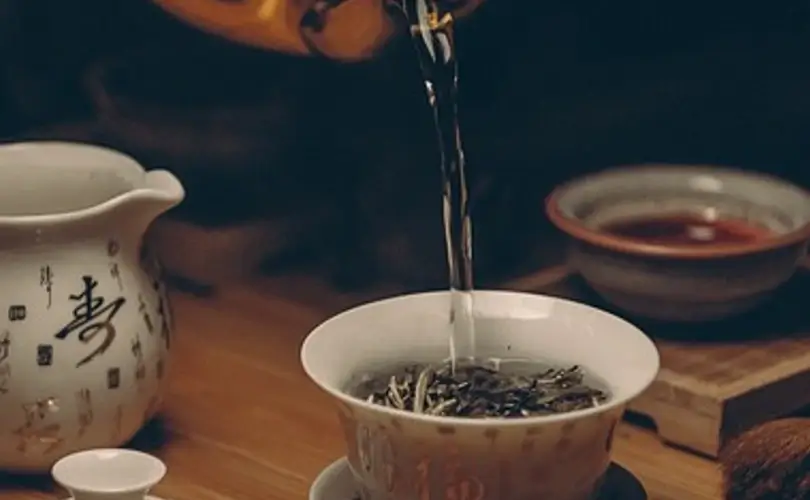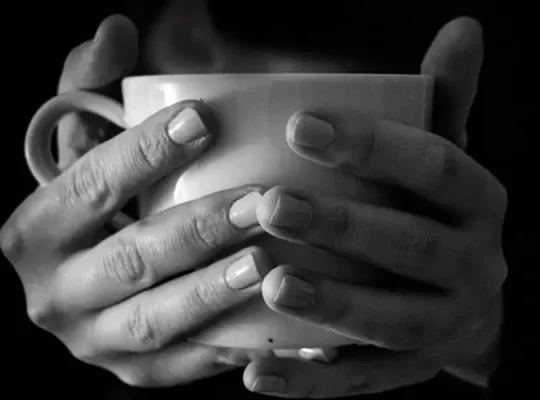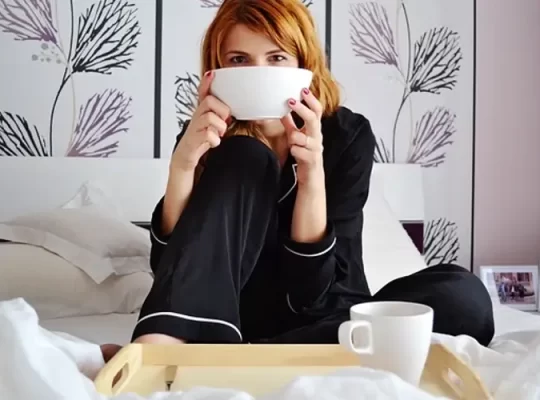You might want to try tea if you need something to aid your restful sleep. Many teas, including green tea, contain antioxidants and anti-inflammatory compounds to help you relax before bed.
These compounds can also promote restful sleep by boosting your levels of serotonin and melatonin, two hormones that regulate your body’s sleep patterns. In addition, some teas, such as chamomile, have anti-stress properties that can help you feel less anxious before you head to bed.
The proper tea can help you fall asleep faster and stay asleep longer. Herbal teas, especially caffeine-free ones, can be beneficial before bedtime.
Lavender Tea
Some people swear by lavender tea for its calming and soothing properties. One study from Taiwan found that participants who drank lavender tea felt more relaxed and perceived less fatigue than those who did not.
Green Tea
Unlike other teas, green tea contains theanine, a chemical shown to relax your nervous system and promote restful sleep. In particular, gyokuro, a Japanese green tea, has been found to have higher concentrations of L-theanine than other types of green tea.
Herbal Teas
Opt for an herbal blend if you’re not a tea fan but want to try it before bed. Teas made from herbs, like chamomile and lemon balm, can promote sleep because they are naturally relaxing and can increase your levels of serotonin and a naturally occurring hormone that helps you fall asleep, melatonin.
Herbal teas can also help prevent sleep apnea, which causes breathing to pause while sleeping, potentially causing your brain to receive little oxygen and making it harder to fall asleep. The antioxidants in green tea reduce the symptoms of sleep apnea and prevent you from waking up feeling tired and worn out.
Then some specific teas have been proven to help improve sleep quality, such as chamomile, lavender, and rooibos. Some studies have even found that rooibos, for example, can help improve the sleep of people with chronic insomnia.
Many teas are available, but everyone is different, so what helps one person might not work for another. That’s why trying a few varieties is a good idea before deciding which is best for your body.
To determine which tea is proper for you, start with one and try others over a few weeks. You might also consider going one night without your tea to establish a baseline for how you feel the next day.






